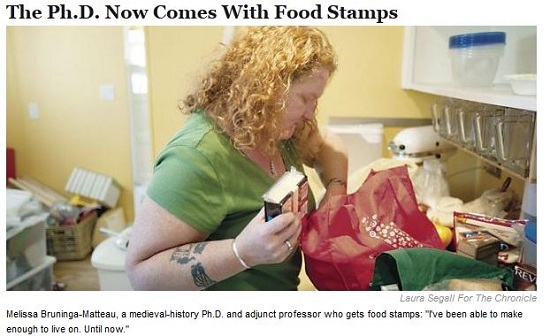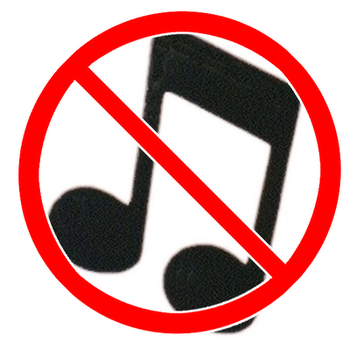EM Forster, that most perceptive and class-conscious of novelists, has a terrific sketch of the incipient decline of the upper-middle classes in his novel Maurice. Noting that Anne, the wife of estate owner and magistrate Clive Durham, was “delightful and accomplished”, Forster tartly adds that “she belonged to the same class as the Durhams, and every year England grew less inclined to pay her highly”. This, written in 1912 (though not published until 1971 due to its homosexual theme), is notably far-sighted in view of the decline of the dividend-owning class following the First World War, with the decline in the value of the pound and the disinclination of the Colonies to keep providing Britain with low cost raw materials. To be “delightful and accomplished” were no longer enough in a Britain facing sharp competition from Germany, the US, Japan, and discontent in the colonies.
Another wave of class destruction is evidently underway in the austerity UK of the present day. But now it is not the dividend-drawing class being bested by economic megatrends. It is the white-collar classes, the professionals and managers and administrators who had done so well out of the post-war settlement. Consider: in 1951 non-manual workers comprised 30.9% of UK workers (manual workers 64.2%), but by 1981 they had become the majority with 52.3%, with 47.7% manual workers. Some attribute this to the expansion of university places and therefore the need to provide employment for a more educated workforce, but in his seminal book The New Industrial State (1967), economist JK Galbraith ascribes the rise in white collar employment to the broader influencing and planning functions of the corporation. Sales, marketing, forecasting, R&D: all called for an educated, literate workforce. With modern businesses often of enormous scale – with most markets are dominated by three or four fairly evenly matched rivals – and products requiring significant investment of time and money, corporations spend much of their energies stimulating and managing the market for their products, rather than actually manufacturing them. The margins in creating products are slim, the work tedious. From Nike to Apple, modern business is about marketing (in the sense of managing your market), not manufacturing.
What we are now finding, however, is that the same process which largely eliminated manufacturing from the UK is now swiftly killing off white collar jobs. Advertising and marketing are now largely done digitally, where their returns can be far more precisely analyzed. Customer service is now more likely to be part of “digital outreach” and is far more cheaply done by a social media-savvy twenty-something than a long-time employee who knows the company inside out (and who had pesky things like a pension). Inventory and logistical management are far easier and far more efficiently done online. Bank managers, with whom you had a relationship and who gave you a mortgage over lunch, are long gone. In this way, entire white-collar professions have been or are being wiped out. Capital divests itself of whatever burdens it can: this is the genius, and terrible peril, of capitalism. The same thing of course happened with manual jobs, but because they were considered low-skilled, this was seen as economically just, or even politically desirable, when such industries had the impertinence to be unionized. But now we get into the puzzling and confusing situation where the remaining necessary manual jobs are trades, such as plumbing or engineering, and relatively highly paid.
The numbers are frightening, if you are a white collar worker, or aspire to be one. The employment opportunities for the educated classes, for those of us who are “delightful and accomplished”, are receding dramatically. The phenomenon of “hipsters on food stamps” (as the superb essay called it) by has been well noted in the US, where perhaps the process is more advanced. An education system which creates graduates who are advanced in their consumer preferences, who have studied Humanities and now are in their thirties, enormously in debt, sharing a flat and working in a low-paying service job, is not fit for the society it serves. No more than one which created ladies who were refined and genteel and wanted to be married to landowners. An MA in English, like elocution lessons and a finishing school, is no longer economically viable. If you can afford to study for one in Oxbridge, your family connections are such that the professional benefits of this qualification are negligible.
The collapse of the economic basis of a class is a frightening, worrying thing. Only the most oblivious free-market cheerleaders fail to note the second word in “creative destruction”. When manufacturing declined, slowly but surely, in the postwar period, we had white collar jobs and the expanding service sector to take its place. This was alright: the profits of industrialized nations could support them. But with Asia snapping on our heels, such advantages can no longer be assumed. The question therefore is: where are jobs coming from? An Atlantic article from 2012 showed the five employment categories which will add the most staff in this decade in the US (we can probably assume the same economic trends will catch on over here): food preparation and service; customer service representatives; home health aides; registered nurses; and personal and home care aides. Much of our future employment, then, will go into caring for the sick and elderly. This is our medium-term future: cleaning up the shit of the Baby Boomer Generation, as they get ill and then die.




